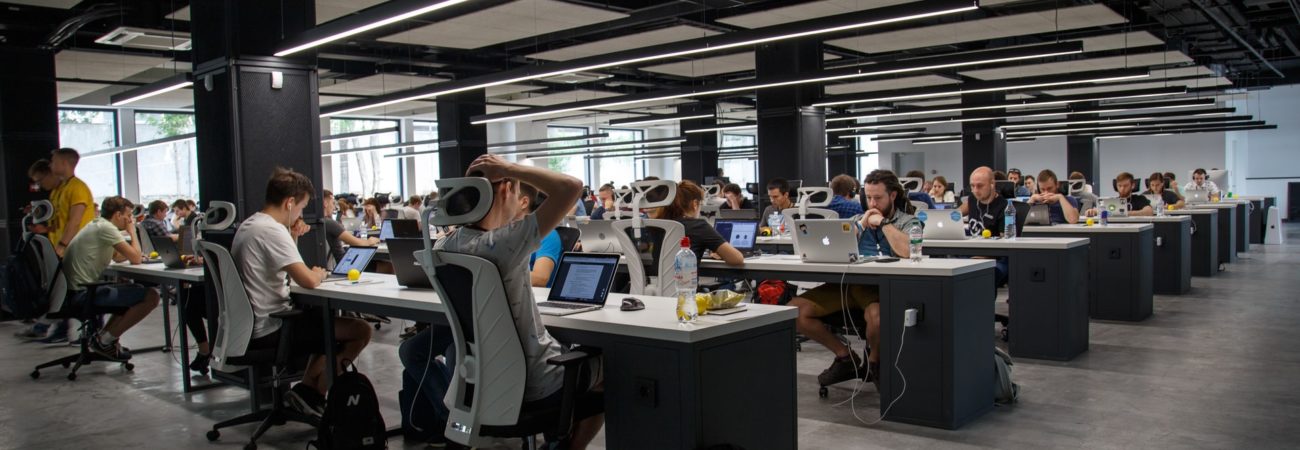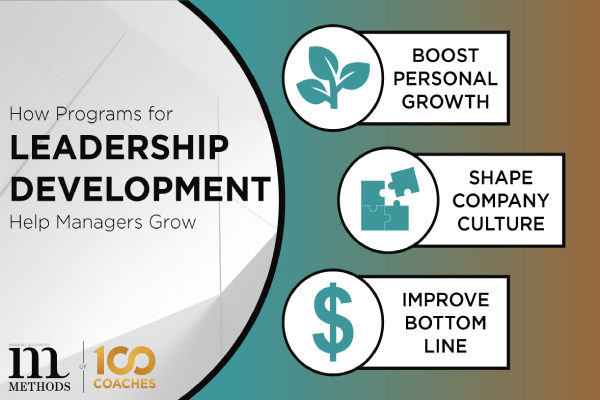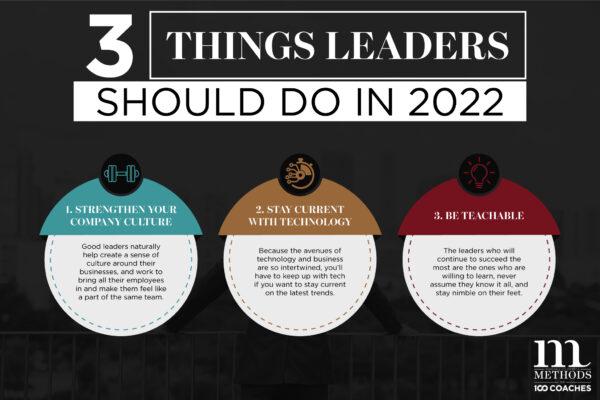Antonio Nieto-Rodriguez is the world’s leading expert in Project Management and Strategy Implementation. He is an acclaimed thought leader, author, practitioner, and professor. By viewing the world with a project-centric mindset, Antonio is able to offer unique and profound contributions to the business world. He is the best-selling author of the books “Lead Successful Projects,” “The Project Revolution,” and “The Focused Organization.” He graduated with an MBA from London Business School and is currently a visiting professor at some of the world’s top business schools, including Duke CE, Instituto de Empresa, Solvay, Vlerick, Ecole des Ponts and Skolkovo. We had a chance to catch up with him a little before the launch of his new course in Methods to ask a few questions.
So, throughout a crisis such as COVID, how can establishing accountability ensure successful decision making?
Antonio: When you’re in a crisis and you need to show accountability, especially with leadership, it’s all about making decisions faster than ever. I think one of the most important criteria during the crisis is asking yourself, “What do we stop doing right now? How do we stop the fire? And what do we continue doing? How do we start rebuilding the organization?”
These types of questions are mostly up to the heads and the hands of the leaders. So I think more than ever, clear accountability is a key for success. It’s about the big decisions—type 1 decisions, those made by the executive team; type 2 decisions are the ones that you can delegate to the rest of the organization.
Today, with this crisis, it’s mostly about those type 1 decisions. That’s where you have to really push accountability upwards, and those people need to make the decisions. If not, they need to step down and let other people do it.
Tell me—how can governance ensure stability throughout a crisis?
Antonio: Well, “governance” has been used many, many times. It’s a word that we love to use, but often we don’t really know what it means. I think it’s very closely linked to accountability, and the governance is where the accountability lies. I would go back to the same question: Accountability today stays at the top of the organization.
Think about the US Airways Flight 1549 pilot, Sullenberger, who safely maneuvered a crash landing after the sudden loss of the plane’s two engines. The question he had to answer was—is this plane going to be able to land in the Hudson river or not? These kind of decisions you cannot leave to any governance committees. If it’s a question of one or two people, maybe three, maybe there’s the executive team to make those decisions. Governance is about accountability in the broader sense for the organization. And again, like before, more than ever, that governance is at the top of the organization.
Do you find that it’s like “peeking behind the curtain,” when a company is in a crisis in the way that it helps illustrate weak points and blind spots in an organization’s leadership?
Antonio: Absolutely, I think you can drag it along. You can take credit from other people’s work. We’ve seen how leadership has been severely hit because of bad leadership habits—selfishness, playing with values. I think the crisis just takes this off. You can see really who’s playing the game—who’s playing fairly and according to the rules, who’s just dragging along and just using other people to shine. That’s one of the good things about the crisis, even if they are painful, is that leaders can’t hide anymore.
I talk about three types of projects that companies need to take care of. First: decide what you’re going to stop. Second: How are we going to keep our business running? And third: how are we going to rebuild our business? What’s the new business model that we want to go forward? In the past you could do this sequentially: one, two, three at a time. Now it’s all at the same time, and you cannot run away from that because if you do, your company will sink very, very quickly.
How do you handle making decisions quickly in times of crisis?
Antonio: You always hear when you study business, “you need to make decisions based on facts and data.” Those are big parts of the “informed decisions”. But what kind of data do you use in a crisis? At the moment, nobody has a clue how the next month is going to look like. It’s mostly about gut feeling. It’s about the experience of a few leaders in the organization who have the courage to listen to their gut. And of course you always want to test your ideas slightly—you don’t want to jump on them straight away. Test them briefly with your key customer, or your key partner or some of your key employees. “Does this make sense? Does it resonate? Can this be the way forward?” and if “yes,” go full on for it. You cannot waste any time. So, yes, definitely. I agree with the analogy and the reference of making decisions faster today based mostly on gut feelings.
While crises are undeniably stressful, there can be upsides. What sort of potential advantages/rewards do you see to overcoming tough times like what we’re experiencing now?
Antonio: Yeah. I think the rewards— the first mover advantage—becomes more obvious in these kinds of critical situations. If you’re the first one to step into that direction, and ends up to be the right one, You have the opportunity to just take over most of the clients.
You can see that with higher education, where they’ve been hesitant to become digital for years, as they’ve always believed, “teaching has to be in person.” Those schools who had made the leap— I know of one in Madrid, for example, Instituto Empresa— they hadn’t gone fully online, but they were ready. They were ready after a week. Most of the other business schools are still struggling. So definitely I think that’s one of the advantages as well, is that when you go in the right direction, you will take over a large part of the market because the first mover advantage plays a much bigger role in a crisis, especially if there is so much uncertainty. I think people want something safe. Maybe it’s not the best, but as long as it works, they will opt for it.
So, looking at the last 6 months of COVID-19 response as being a “project,” how have the world’s governments either succeeded or failed in their crisis response?
Antonio: I think the point is that the world’s governments have approached COVID-19 in very different ways. Some of them used more fundamental project techniques —and those that did, I think they really assessed and addressed the implications of this crisis much better. For example, if you look at New Zealand and the other leading countries, they were all very disciplined in handling this situation.
The countries that approach the project in a more agile way— nimble throughout constant changes—I think that have suffered the most. Because with any reaction, any new piece of information, they were shifting the project to a different approach, new rules, and that confused so many people. I can talk about Spain, the UK, of course, the US where the rules have been changing almost every day, especially at the beginning. It’s a great point. I do think that the countries that took the coronavirus crisis as a proper project with a goal, vision, rules and milestones, they did much better than those with the more “agile” approach.
How does discipline factor into handling a crisis?
Antonio: Prior to the crisis, we were in a world where “discipline” was a bad word. It came from the army and people, of course, associate that with bureaucracy and all the like. But “discipline” was one of these terms like “leadership,” which had lost its meaning and was not respected. People would say, “Why do we need discipline? We’re all creative people.” I do think that when you talk about implementation of projects or strategies or changes, you do need to have some discipline in the sense of “well, we’ve decided that’s the way. We’re not 100% sure that’s the way, but that’s what we’ve decided. We’re at least 80% sure that that’s where we want to go. And this is the business model that we want to build.”
If people start questioning, all the time, where you’re going again and again and again, and turning into decisions that were made—that’s, for me, a lack of discipline. Discipline is about respecting the way you’re going forward with the organization, with all the consequences. And then following the basic rules—the values that you’ve set up, the culture that you want. We want to be autonomous teams, but that doesn’t work in a crisis where you need to be united. You can clearly see that in the ways the army works. There’s a reason why discipline is so important. It is because it gives you a high speed reaction as a team, as a big organization. That’s why you want to beat your competition. So I totally agree: those organizations who have kept a more disciplined approach to respond to the crisis, have been more successful.
How is the culture or the stability of the business affecting how people do their jobs?
Antonio: The stability of the culture is very important to keep close alignment throughout a crisis. I think those are ramifications that in the crisis, like you said before, they become more relevant and become crucial for the future viability of the organization. In a kind of stable situation – if we can call stable the situation before the crisis— culture played an important role. Now that everything has accelerated, you still need to have some foundations. And culture is one of them. Values are one of the other. Some kind of strong decision-making, empowering people, respecting employees, and being generous with them. These are the pillars that you have to have, otherwise your organization will not sustain in the midterm or even in the short term. So, absolutely. Even when the world will stabilize somehow you will need those pillars and if they’re not there, then you will not last for long.
So when you’re trying to stay focused when you’ve assessed a strategy, how do you keep from it bleeding sideways or up and down, especially in a crisis where you’re managing fires and trying to be flexible and agile—how do you remain on course?
So, in managing projects, the initial scope -what you want to build, the requirements—they will change (the world changes), and it’s fair that they change. But the way you approach changes to your scope and to your plan determines the success of the project. What I always say is, “please let’s stay on scope.” If we find things that we need to change, we create a mini project on the side, and maybe we’ll cover that in a second phase, or, as soon as we have the resources and the capacity to address it. Of course you still can increase your scope, but do it in a disciplined manner—in a rational way where you assess the implications, the trade offs and the right timing before you agree to change in.
That’s one of the things that leaders don’t understand. You cannot throw in more and more projects without stopping projects. I always tell them “well, the capacity that you have in your business is limited.” You need to manage your scope in a smart way, by saying things like “we’ll change it, but let’s do phase 2 and then we’ll include that part later on. Let’s keep it in mind, but let’s focus 90% on what we agreed before, so that we finish those projects first.” We need to finish things in order to keep building. And this is a sickness that you see —businesses struggle to finish projects because they keep expanding, expanding, expanding. Those organizations that are able to manage their projects well, will certainly have higher chances of survival and success.
Antonio Nieto Rodriguez’s new Methods course, titled The Project Canvas, will be available August 27, 2020. His newest book, The Project Revolution: How to Succeed in a Project Driven World is available on Amazon, and you can contact him through his website.





